In their words
Political, legal, media and other high profile representatives of Macao and across the world talk exclusively to ‘Macao Magazine’, giving their thoughts on the past two decades and the future of our city.
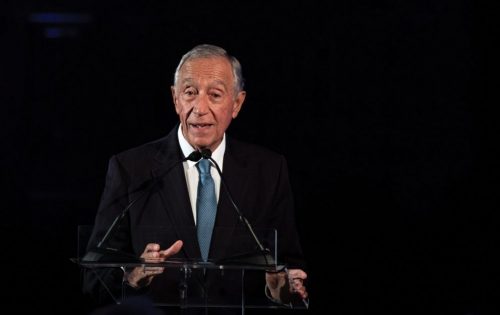
Political, legal, media and other high profile representatives of Macao and across the world talk exclusively to ‘Macao Magazine’, giving their thoughts on the past two decades and the future of our city.
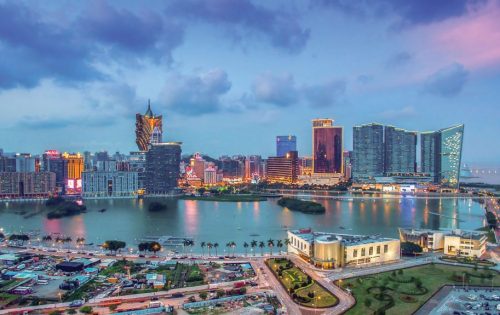
How has Macao changed since 1999? We hit the streets and ask the people what they think about our SAR’s past and future.
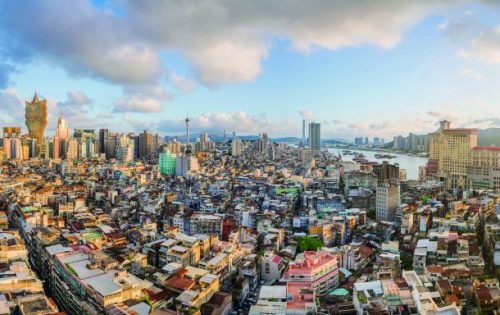
Executive director of Macaolink and editor-in-chief of this magazine, Gonçalo César de Sá – a journalist in Asia since the 1980s – reflects on the past, relishes the future and marks mighty milestones in this message.

China moved closer to Argentina and Brazil at the eighth edition of the Global Tourism and Economy Forum in Macao. The South American nations were the forum’s partner countries this year and they made gestures that could attract Chinese tourists their way in the years to come.
Macao may be toasting the 20th anniversary of the handover of its administration to China but it’s also two decades since the International Institute of Macau – an organisation dedicated to preserving the city’s culture, history and identity – was launched.
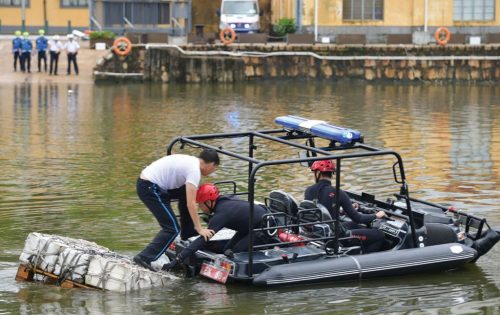
Following April’s Crystal Fish evacuation and civil defence exercise – and with a possible four to six cyclones expected to hit Macao this year – the police say the SAR is getting better prepared for typhoons that could hit in the future.
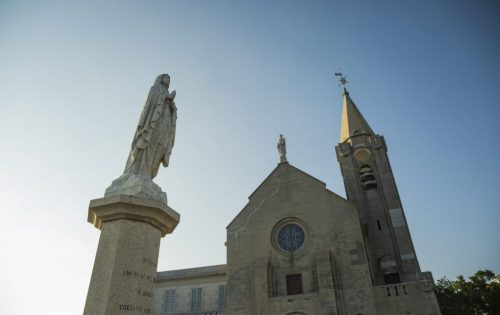
Could Macao become a destination for religious tourism? The city’s hallowed past may prove an important cog in its future development.

Local Macao bands spoke of the challenges they faced, and the perseverance that keep them moving forward amid the city’s fledgling music scene.
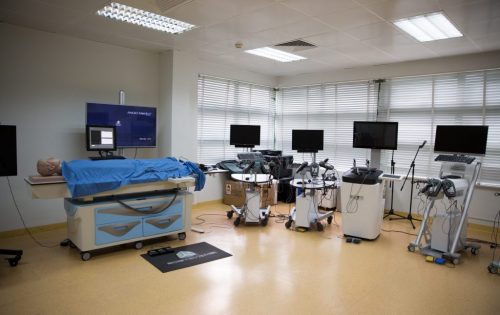
Macao’s medical education is growing to meet international standards with Dr Manson Fok’s vision to improve medical training courses as well as provide students with opportunities for worldwide exposure.

A new and improved Chinese-Portuguese-English translation system has been created to allow versatile cultures to connect and meet the demand for translators in the future.